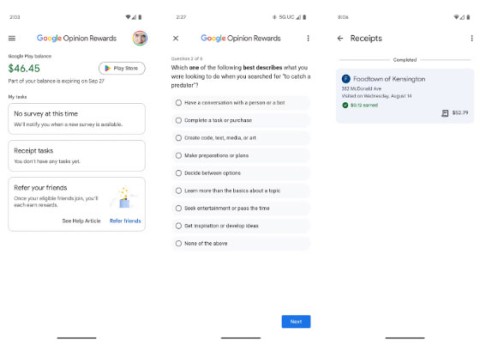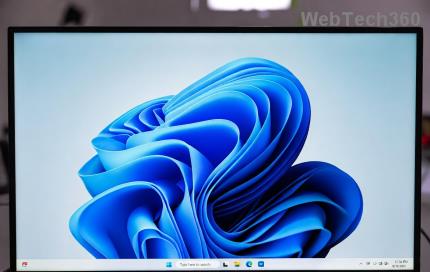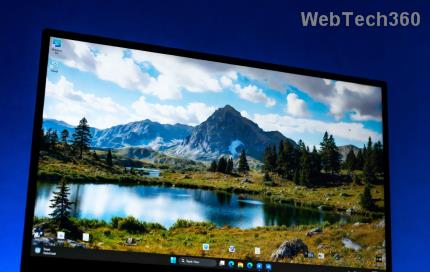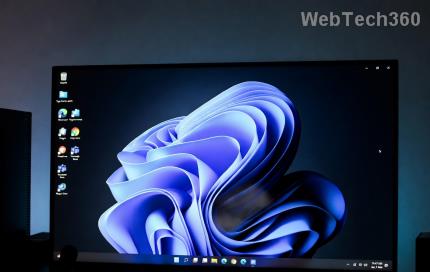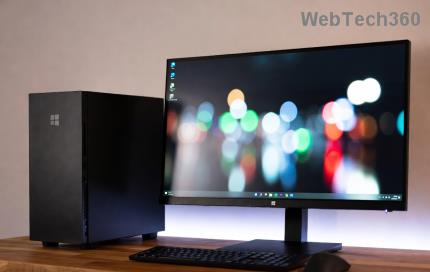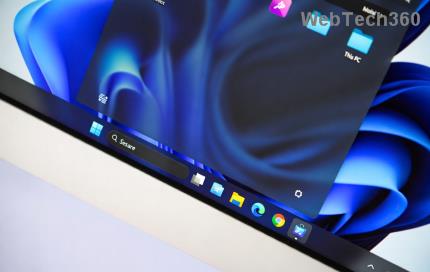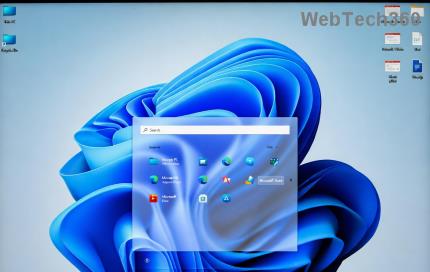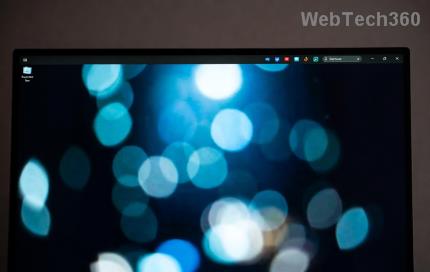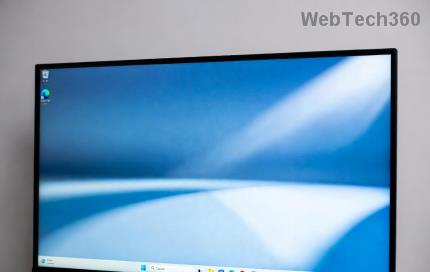Cybercriminals are spreading malware using... Google Search
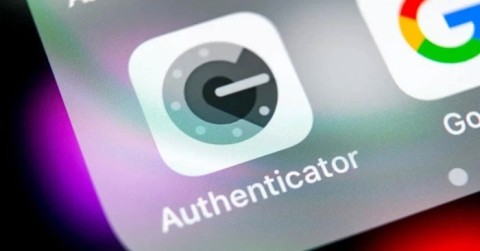
A new attack campaign that spreads malware through Google search results has been discovered by security experts from Palo Alto Networks.
Google Authenticator can be useful, but it's frustrating that Google hasn't made an official desktop app yet. However, you can use Google Authenticator on your Windows PC through other means. Let's explore how you can use Google Authenticator on your PC.
Export Google 2FA code to PC
To do this, you'll need a "secret code" for Google Authenticator. This is the source from which code generators can generate codes that work with Google.
To get this secret code, go to your Google Account security page . Go to the “Signing in to Google” section and click “2-Step Verification” .
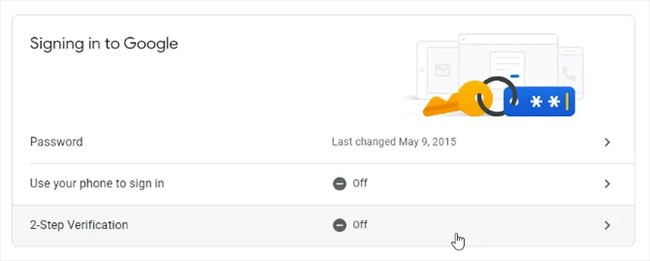
If Google knows you have a phone connected to your account, it will walk you through the steps to set up basic phone notifications.
Once you complete the steps, you will have the opportunity to set up the Authenticator app. Although you will not download the actual app, you will need to pretend that you are receiving a secret key. Click “Set up” .
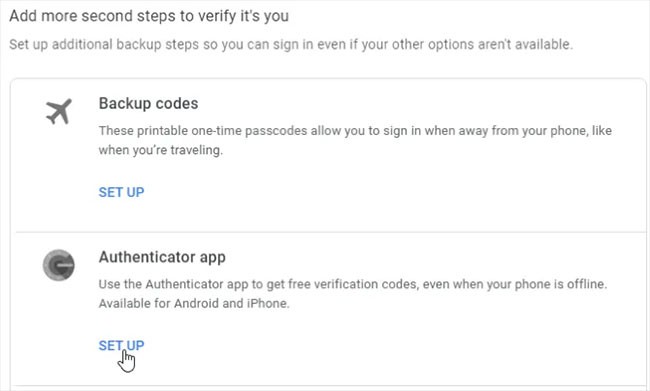
Look through the prompts until it asks you to scan a QR code . Below the code, click "Can't scan it?".
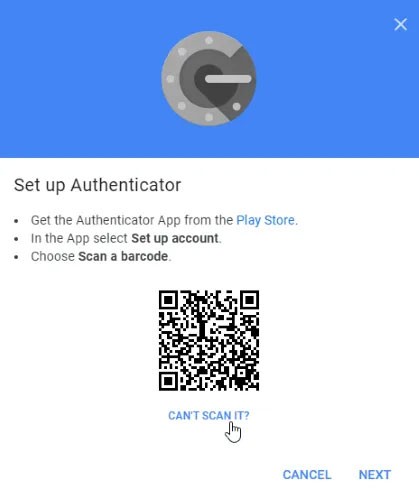
On the next page, find your secret key and copy it. This is what you will enter into third-party apps when they ask for a key. However, remember to keep it secret. If someone gets this information, they can use it to access your account!
Where to put secret code?
Now that we have the code, let's see where we can put it.
1. WinAuth
If you’re worried about third-party apps stealing or leaking your keys, try WinAuth. Its main appeal is that it’s an open-source app that you download to your PC, so there’s no obfuscated code or cloud storage that could leak your keys.
Setup with WinAuth is easy. Once WinAuth is running, add a new Google account.
Enter your private key, then click the “Verify Authenticator” button. Continue setting up your Google account and enter the code that WinAuth provides you.
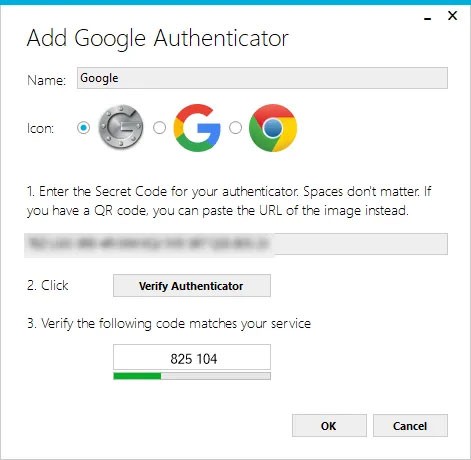
Copy the generated one-time password and paste it into the Google security settings page, then click the “Verify and Save” button to verify the generated code.
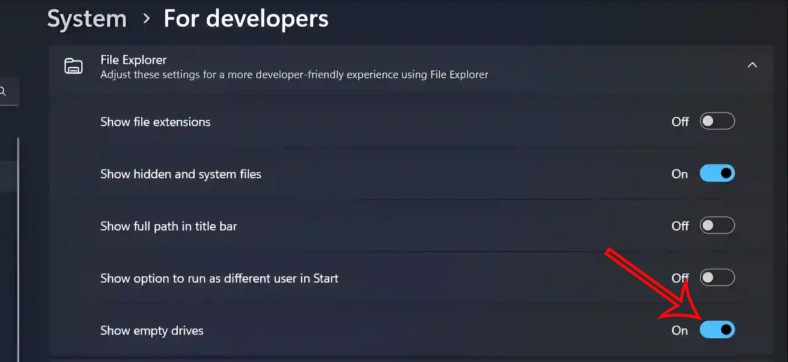
If everything is done correctly, Google will show you a confirmation window. Just click the “OK” button to save the changes to your Google account.
Return to the WinAuth window. Now that you have confirmed the generated code, click the OK button to save the changes in the WinAuth application.
Once you click the OK button, WinAuth will open the Protection window , allowing you to set a password to encrypt the files saved by WinAuth. This ensures that any unauthorized access will be blocked. Just enter the password twice and click the “OK” button to save the changes. Alternatively, you can also set WinAuth to encrypt the file so that it can only be used on the current computer, but using password protection is much more feasible.
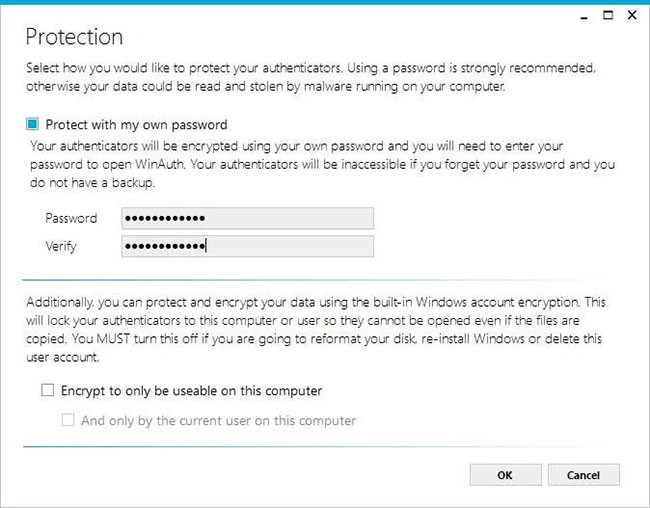
You can now use Google Authenticator on your PC using WinAuth.
WinOTP Authenticator is available exclusively for Windows and you can download it directly from the Microsoft Store.
1. Click the “+” button at the bottom to add a new service.
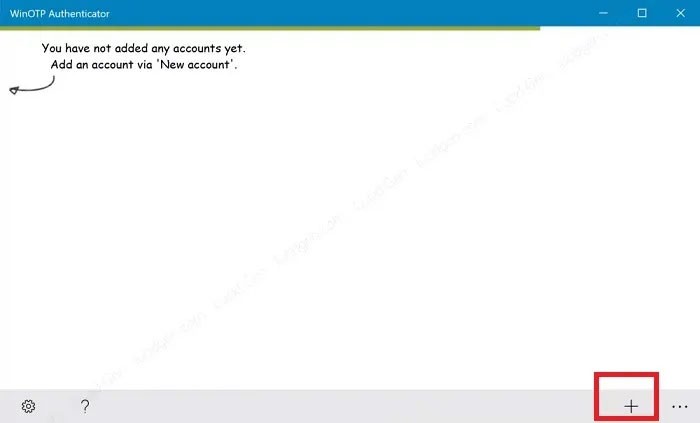
While the app claims to be able to read QR codes, the author of the article had trouble getting it to work but definitely give it a try to see if it works for you. It may take a few tries.
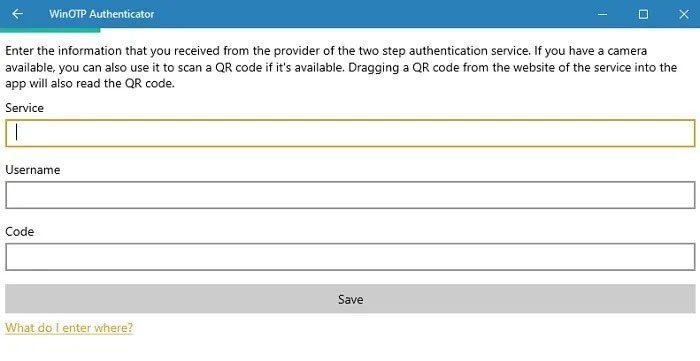
2. Enter your service name, username and code to finish. For the service name and username, you can choose whatever you want but make sure you can differentiate different services.
3. Authy
If you want to sync your mobile and PC codes, try Authy. You can use it as a standalone device on your PC, but it will ask you for your phone details during registration. If you have Authy on your phone, you can quickly sync your details between the two devices.
On the PC version of Authy, click the plus icon in the top right.
Paste the secret key into the box.
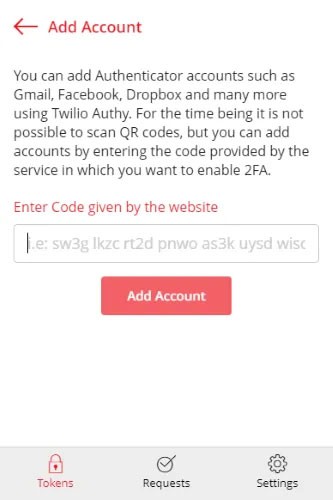
You can name and color your account. Once set up, you'll have a working Google ID.
2 Factor Authentication currently only supports Google, Microsoft, LastPass, and Facebook accounts, but it works just as well as Google authenticator on PC.
1. Click the “+” icon at the bottom to add a new account.
2. Enter a name for the account, such as Google, then enter your secret key.
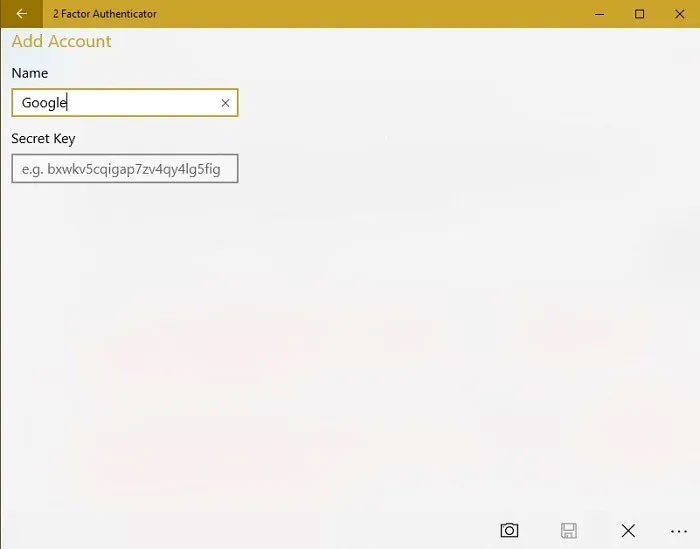
3. You can also use the camera icon to scan a QR code, if available. This works better than WinOTP Authenticator – but it’s not perfect.
If you want an option to use in your browser, you can try GAuth Authenticator. You can install it as a Chrome extension or a web app.
Adding an authenticator to GAuth is easy. First, click the pencil icon in the top right, then click Add.
Enter the name of the authentication token (in this case Google ) and the secret key.
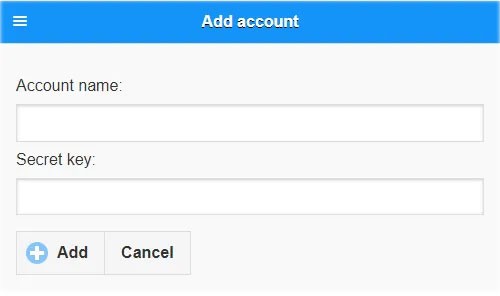
Once complete, you will have a working authenticator.
Frequently Asked Questions
Can I use Google Authenticator on my PC and smartphone at the same time?
Yes. However, you must use the same code on both devices. Ideally, you should set up your phone and PC at the same time. If you already set up Google Authenticator on one device, you may need to disable it on the services you use and re-enable it with the new code. Once you receive the new code, you can use the same code on your PC and mobile device. Google will walk you through the process, including how to back up your codes.
Do I have to start from scratch every time I add Google Authenticator to a new PC?
There's a trick that makes switching to a new PC easier than having to set up Google Authenticator from scratch. However, you'll need to do this during the initial setup process.
Once you’re given a QR code for each site, print it out or take a screenshot for later. Make sure you name each code so you know which site it belongs to. Then, if you need to set up a new PC to use Google Authenticator, you can simply install the app you chose from the list above and add your QR code. It’s faster and doesn’t involve removing 2FA from any accounts.
Why is installing Google Authenticator on your PC a good idea?
While many services want users to rely solely on their phones for 2FA, that’s simply not possible. Phones get hacked, lost, and broken, leaving you without access to your Google Authenticator codes. Even if you’re texted a code to enter, you’re still stuck if you can’t access your phone for whatever reason. By using a computer, you don’t have to rely on your smartphone to access any accounts that use 2FA via Google Authenticator. Of course, this only works as a workaround if you only log in to your account when using a computer.
A new attack campaign that spreads malware through Google search results has been discovered by security experts from Palo Alto Networks.
If you love Google services, these lesser-known apps can add surprising value to your device.
Struggling with high CPU temperature at idle on Windows 11? Discover proven fixes to lower your CPU temps, boost performance, and prevent overheating. Step-by-step guide with the latest tips for a cooler, smoother PC experience.
Struggling with theme and background sync errors in Windows 11? Dive into this expert guide for quick, effective fixes to restore seamless personalization. Get your desktop back on track without the hassle.
Struggling with the Windows 11 "Variable Font Not Supported" error? Discover proven fixes to resolve this issue and get your fonts working smoothly. Step-by-step solutions for a frustration-free experience.
Struggling with the frustrating Windows 11 "Registry Database Corrupt" error? Discover proven, step-by-step fixes to restore your system quickly and safely. No tech expertise needed—get back to smooth computing today!
Discover how to use Windows 11 Task View effectively to manage multiple tasks, desktops, and apps seamlessly. Unlock hidden features for ultimate productivity in the latest updates.
Struggling with Printer Driver Incompatibility Error 709? Discover proven, step-by-step solutions to resolve this frustrating issue quickly and get your printing back on track. Updated with the latest fixes for seamless compatibility.
Discover a step-by-step guide on how to set up dual monitors on Windows 11. Boost your productivity with easy configuration tips, troubleshooting, and pro advice for seamless multi-monitor setups. Perfect for work, gaming, and more!
Struggling with webcam lag in Zoom and Teams on Windows 11? Discover proven, step-by-step fixes to smooth out your video calls. Boost performance and stay connected without interruptions.
Struggling with GPT disk not recognized in Windows 11 BIOS? Discover proven steps to resolve this issue quickly and get your drive detected. Expert tips for seamless setup.
Discover step-by-step instructions on how to enable hardware acceleration in Microsoft Edge. Boost your browsing speed, enhance video playback, and enjoy seamless performance with our easy guide. Perfect for Windows, Mac, and Linux users.
Discover how to easily purchase a Windows 11 key from the Microsoft Store. This step-by-step guide covers everything from checking eligibility to activation, ensuring a smooth upgrade to the latest Windows experience. Save time and avoid scams with official methods.
Discover the step-by-step guide to changing your Windows 11 refresh rate to 144Hz for buttery-smooth visuals and immersive gaming. Boost your setup effortlessly with our expert tips.
Struggling with GPT header corruption in Windows 11? Discover proven, step-by-step methods to repair your disk without losing data. Fix boot issues, restore access, and get back to smooth computing fast. Updated with the latest tools for 2026.
Struggling with Shared Printer Error 709 on Windows 11 Pro? Discover proven, step-by-step solutions to resolve this frustrating issue quickly and get your printing back on track. No tech expertise needed!
Struggling with Windows 11 background slideshow not working? Discover proven fixes to restore your dynamic desktops without hassle. Perfect for gamers needing seamless visuals.
